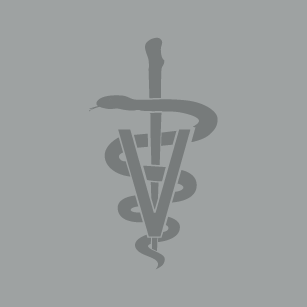The PhD program in Comparative Biomedical Sciences (CBS) is a flexible, research-oriented track that emphasizes interdisciplinary training, translational research, professional development, and advanced education in the biomedical sciences. With a wide array of dynamic research opportunities and customizable programs of study, our interdepartmental program offers an expansive range of possibilities.
Graduate students in CBS collaborate with faculty and program administrators to tailor their program of study, aligning it with their individual needs, interests, and goals. This flexibility fosters innovation and interdisciplinary collaboration, resulting in graduates equipped with distinctive, marketable skill sets.
CBS also participates in the training of dual degree students at the University of Georgia through the Veterinary Medical Scientist (DVM/PhD) Training Program.


